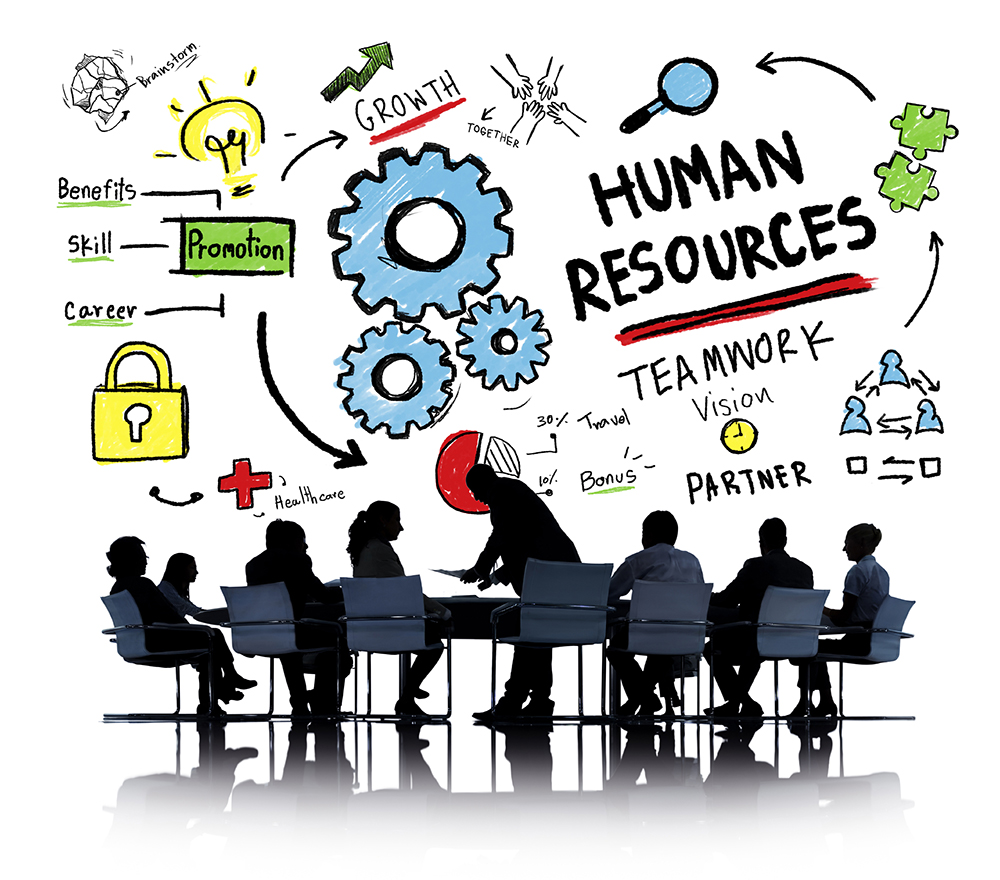The year 2020 was an exhausting one for HR professionals, who were faced with constant workplace challenges ranging from the COVID-19 pandemic to social movements to the presidential election. Now that it’s (thankfully) in our past, we can use the obstacles we faced to frame a better, brighter 2021. Here are some HR goals to help us do so.

Review Your Employee Handbook, Policies
Once a year, you should review your employee handbook and policies to make sure they’re up-to-date with any legal changes that have occurred, as well as accurate based on how your business actually operates. The review may be more important than ever in light of how much workplaces changed during the pandemic, which may have a lasting effect even after it ends.
For instance, at the beginning of the coronavirus crisis, many of you had to develop or enhance your remote work policies and procedures to adapt to government shutdown orders. With many of the orders being lifted and life beginning to return to normal, are the policies still applicable?
In addition, has the pandemic opened the potential for you to be more flexible with employees and allow the same remote work policy to continue? Other new policies you’ve enacted may need similar scrutiny.
Another development in 2020 was the passage of the Families First Coronavirus Response Act (FFCRA), which required certain employers to provide paid leave for COVID-19-related absences. The FFCRA’s paid leave mandate expired on December 31, 2020, but the stimulus bill recently passed by Congress and signed by the president allows covered employers to provide the leave voluntarily and claim the associated tax credits through March 31, 2021.
Many of you developed policies in response to the FFCRA, and you should now review them to determine how you’ll handle requests for leave under the Act until the tax credits expire.
Update Your Job Descriptions
Regular review of job descriptions is another essential HR practice. Job descriptions frequently become evidence when an employee’s exempt status is questioned under the Fair Labor Standards Act (FLSA) or the essential job functions are at issue in cases involving reasonable accommodations under the Americans with Disabilities Act (ADA). Therefore, accurate and complete job descriptions are key.
Again, the pandemic forced many employees to work from home in 2020, including some who traditionally were required to work only in the office. They may have been able to perform their jobs effectively from home in the past year, which leads to the questions:
- Should their job descriptions be revised to remove in-office presence as an essential job function?
- Alternatively, did their absence from the workplace make it more apparent that in-office presence is indeed an essential job duty?
Consider the questions now in the event an affected employee requests telework as a reasonable accommodation in the future.
The pandemic not only changed employees’ work location but also may have altered their actual job duties to adapt to workforce shortages or other shifting business needs. To accommodate the changes that were occurring, you may have asked exempt employees to perform more nonexempt duties.
In 2020, the U.S. Department of Labor (DOL) issued guidance indicating exempt employees who perform nonexempt duties during the pandemic can continue to be exempt, provided they receive the salary threshold amount. After the pandemic is over, however, will the exempt employees continue to perform the nonexempt tasks, potentially threatening their work status? Updating job descriptions, as necessary, will help to answer the questions moving forward.
Engage in Diversity and Respectful Workplace Training
The Black Lives Matter (BLM) movement erupted in 2020, raising concerns about racial injustice in our society. The social movement may have spilled over into the workplace, whether indirectly by affecting the mental wellbeing of employees concerned about racial discord or directly by creating disputes among coworkers about the drive or its associated protests.
In the wake of the BLM movement, you should look into potential training for supervisors and employees related not only to workplace harassment but also diversity, equity, and inclusion (DEI). The training can go above and beyond harassment training and address unconscious bias and prejudices that can be present in the workplace.
Finally, who could forget 2020 was a presidential election year? The campaign cycle was possibly the most divisive in history and could have affected the workplace, creating disagreements and arguments among employees. The disputes may have highlighted a need for you to consider engaging in general respectful workplace training this year. At the very least, remind employees about your policies related to maintaining cooperative, professional relationships with others.
Takeaways
The past year of disease and strife presented many new challenges for the workplace. Reflecting on the experiences and learning from them can better prepare us for the rest of 2021 and beyond.
Vanessa L. Lystad is an attorney with the Vogel Law Firm in Fargo, North Dakota. You can reach her at vlystad@vogellaw.com.
